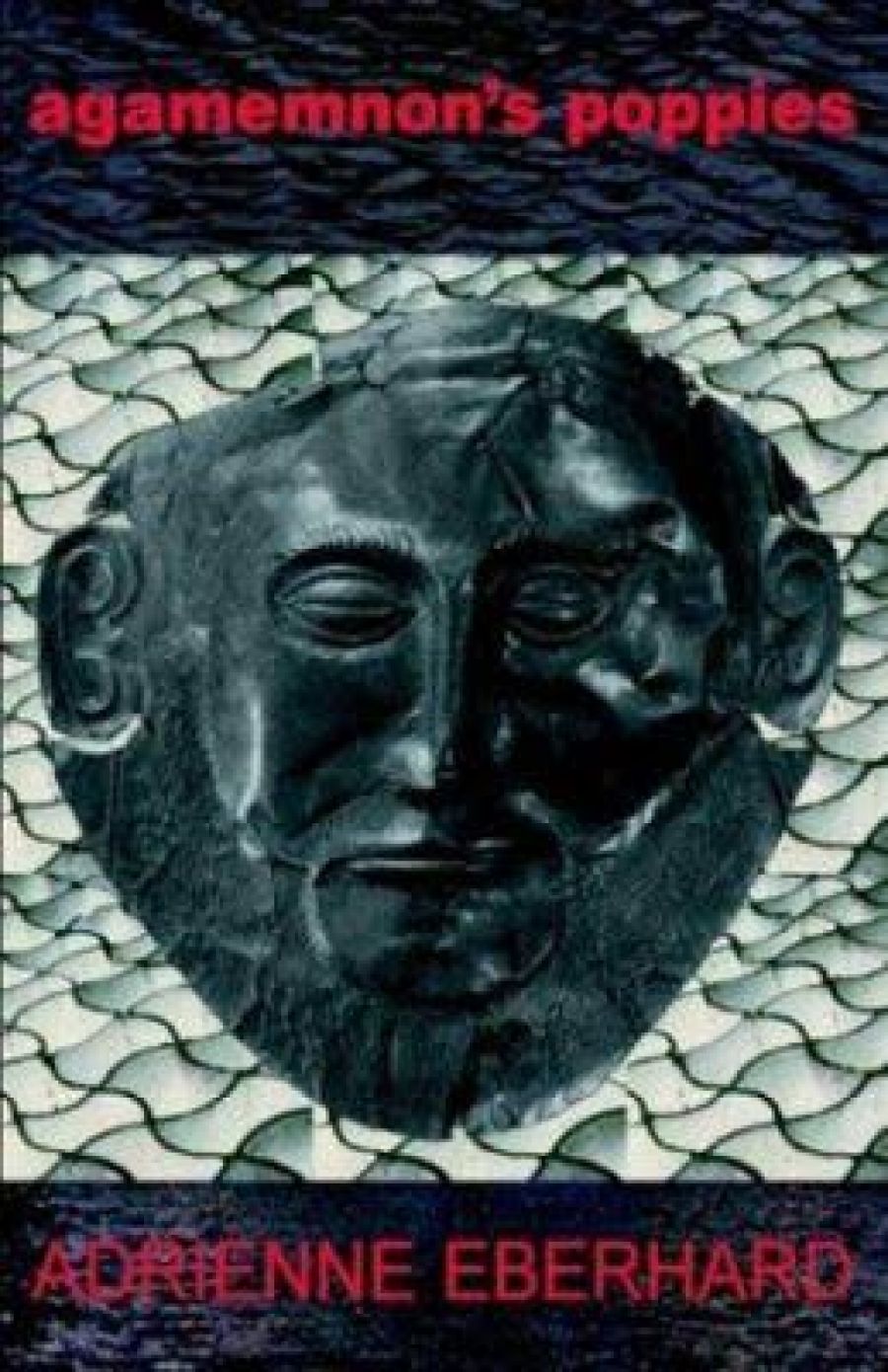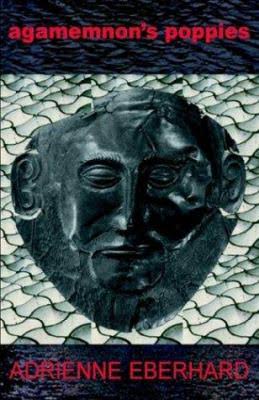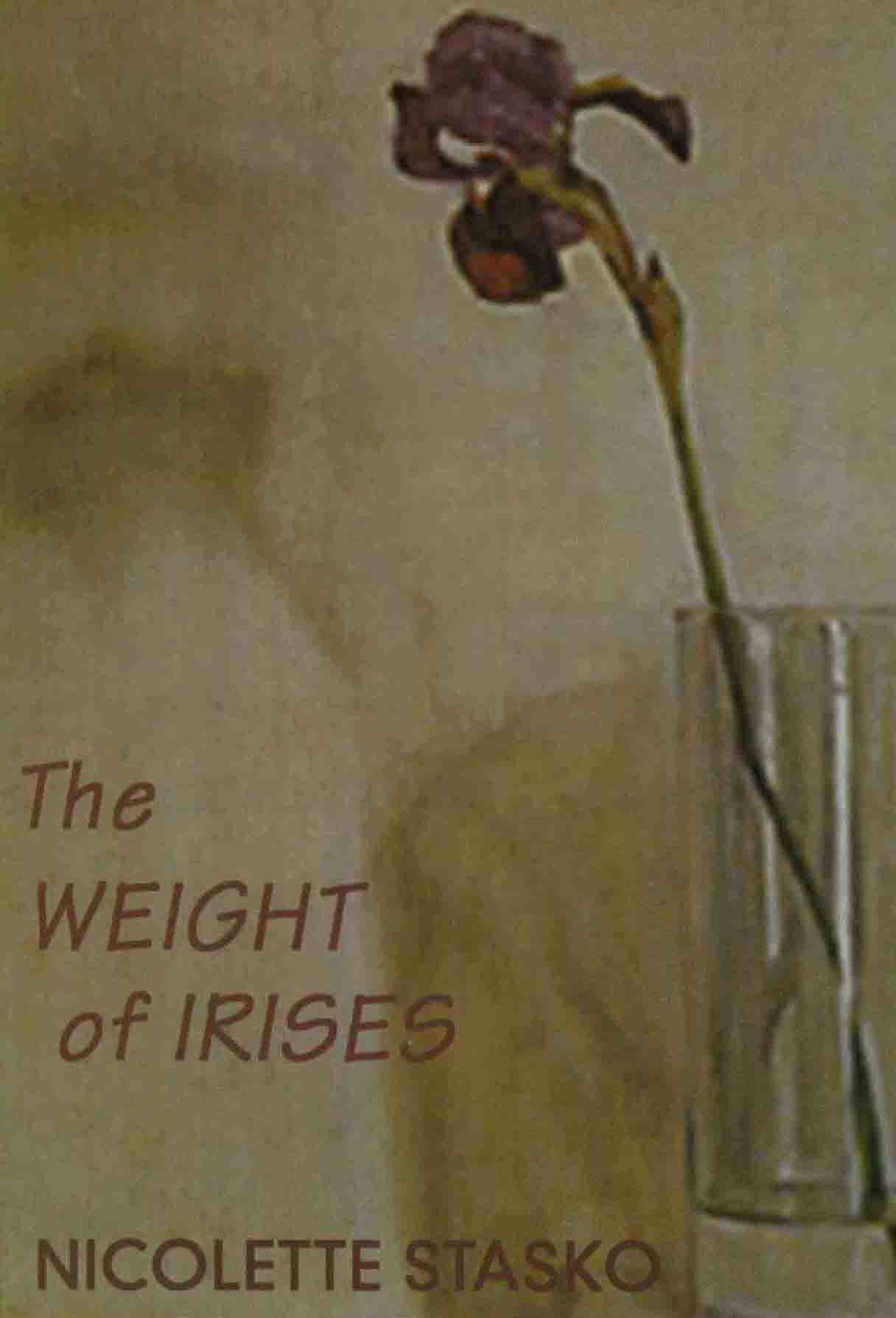
- Free Article: No
- Contents Category: Poems
- Review Article: Yes
- Article Title: The Shape of Things
- Online Only: No
- Custom Highlight Text:
‘Dwelling in the Shape of Things’ is the title of Nicolette Stasko’s sequence of sixteen elegantly executed ‘Meditations upon Cézanne’. It could, however, serve as an appropriate epigraph to both these collections. Given that the natural world is Stasko’s and Adrienne Eberhard’s main locus for exploring and responding to ‘the shape of things’, each could be described loosely as a ‘landscape’ poet, but the character of their work is neither nationalistic nor naturalistic. They write essentially of their experience as sentient beings inhabiting, and intimately responding to, the world of things.
- Book 1 Title: Agamemnon’s Poppies
- Book 1 Biblio: Black Pepper, $23.95pb, 110pp
- Book 1 Cover Small (400 x 600):

- Book 1 Cover (800 x 1200):

- Book 2 Title: The Weight of Irises
- Book 2 Biblio: Black Pepper, $23.95pb, 109pp
- Book 2 Cover Small (400 x 600):

- Book 2 Cover (800 x 1200):

In doing so, they contend with mysteries that dwell in these worldly shapes. The difference in the tonal and intellectual complexities of their responses is characteristic. Eberhard is the more exuberant. She seems too confident of the independent reality of ‘The speech of the world / whispered and nudged on the wind’ (‘Coastlines’) to entertain the perceptual doubt voiced by Stasko in ‘Is it true that our eyes see what /our hearts have conditioned?’ (‘Dwelling in the Shape of Things’). The resonance of that question depends in part on its contested relationship to the calm assurance with which she speaks elsewhere of ‘everything held together /by an eye’ (‘One Return’).
It is instructive to compare poems in which each pays respect to the power of non-literary art to shape the world. In the richly textured ‘Ceramics/Braille’, Eberhard’s celebration of the perceptual medium of touch reaches a triumphant conclusion in:
Raised to exactness of fingerprints,
the whole world is lit transparent
until muteness speaks in many tongues;
the heart’s pulled taut, listening to
the world spoken through these hands.
Stasko’s perceptual medium is the eye, and, while it can offer enchantingly direct contact with the world through a still life in which ‘a chaste kitchen table with one shy drawer /humbly balances it all’, at other times entry to the painted landscape is incomplete:
the mind builds a bridge over dark blue water
but cannot walk on it
distance remains
we stay forever on the peopled shore
content with the view
through a window
If both commit to immanence, the refusal to concede to transcendental notions of art as ravishing us from the world has very different expressive outcomes, at least in these passages. But once again, it would be dangerous to take the muted, somewhat melancholy acceptance of reality found in the cited section of ‘Dwelling in the Shape of Things’ as more than one definitive moment in the experience of a poet who also writes of waking after illness to ‘a gift from the world’ in the shape of twelve blue irises that
fly
and settle like
bright swallows
around the room
send a message I beg
we are!
we are!
they sing (‘The Death of Blue’)
It is no coincidence, I think, that Stasko writes of thinking as she watches a beloved daughter: ‘I could wish you /only one eye to see / what is beautiful and good / but that would be a lie’ (‘Three Days’). Stasko’s sense of how the world is may be shadowed by the personal grief identified in ‘After Many Sleepless Nights’, where a sister’s mind is ‘sprouting tumours / like mushrooms.’ But there seems something more fundamental in her reflection: ‘How little we know about one another / each locked in our own delicate case /surrounded by dark scenery.’ Despite benign moments that move her to declare benediction on ‘the other people in the house / who tread lightly as ghosts / but are corporeal beings’ (‘Days’), the general sense of faulty connections is made specific in her precise evocation of that all-too-familiar situation, the dutiful visit to what ‘should be home’:
where my father sits deafly
reading the newspaper
in the zinc light of the TV screen
my mother packing up the plastic
Christmas tree
a corpse to be gotten rid of
such a mess she says
Stasko’s melancholy is tempered by too much intelligence and wit to yield to sentimentality or self-dramatisation, and her take on alienation can be entertainingly sardonic, as in ‘On the Economy of Crying’: ‘When I cry it is never enough / when you cry it is always too much’.
Eberhard’s poems about human relationships – the love poems of the early part of the collection, and the later poems about pregnancy and children – certainly do have more of the beautiful and the good than otherwise. ‘In the Bath’ s as lovingly lit and detailed as a Flemish domestic study, with the adult body ‘anchored in the shallows / rocking and keeling in the soap- / water; homely as a house boat’, and she depicts an infant body with ‘small pink fists colliding, /toes pointing in all directions’. It is not that Eberhard is unaware of the potential for absence in every beloved presence, or even of the possibility of existential loneliness, but she is no ironist, and so is free to commit herself to the unqualified richness of lines like:
Honey pools on my spoon,
rolls of redness, sticky as the sun;
for a moment, beehive tombs
and poppies crush in my mouth —
Mycenae rises rich and oozing,
a gold memory dissolving on my tongue. (‘Mycenae’)
Eberhard’s language seems untrammelled by Stasko’s edgy awareness that, despite the plentifulness of words,
the problem is
to choose the true ones
without an angel’s help
not fooled by the noise
of clapping mistaken
for wings
Just occasionally, there seemed to me a bit too much of ‘the blood-rush of myself’ (‘Ariel’s Realm’) in Eberhard’s writing, which may be why I most enjoyed those poems where the energy of her image-making was shaped by one of two possibilities. One is the adoption of a fixed form such as the sonnet: for instance, I found ‘Delusions’ a much more concise, and hence forceful, poem of childhood desires and inadequacies than the less shapely ‘The Wedding Dress’. The other is dramatisation, which is rich in its possibilities for directing imagistic energy. The five ‘Cleopatra Poems’ are pithily sexy, but for me the best writing in the collection is in ‘Lines from the Black Sea’, a sequence spoken by the exiled Roman poet Ovid. Eberhard’s understanding of, and responsiveness to, the physicality of language movingly informs the exile’s longing:
… for the polished glide of Latin,
smooth as skinned and pitted grapes
exploding in my mouth,
the sensuous rub of words,
silken as the sheen of oil over skin.
Each of these collections has much to offer. A preference for one over the other may depend largely on the reader’s temperamental disposition. But as ideal readers, we ought to be capable of taking pleasure in the different qualities, the varied balance of passion and poise in each. Besides, the pair make a handsome addition to the bookshelf. Black Pepper is to be congratulated not only for its continuing commitment to the publishing of poetry, but also for matching quality production to fine poetry.


Comments powered by CComment